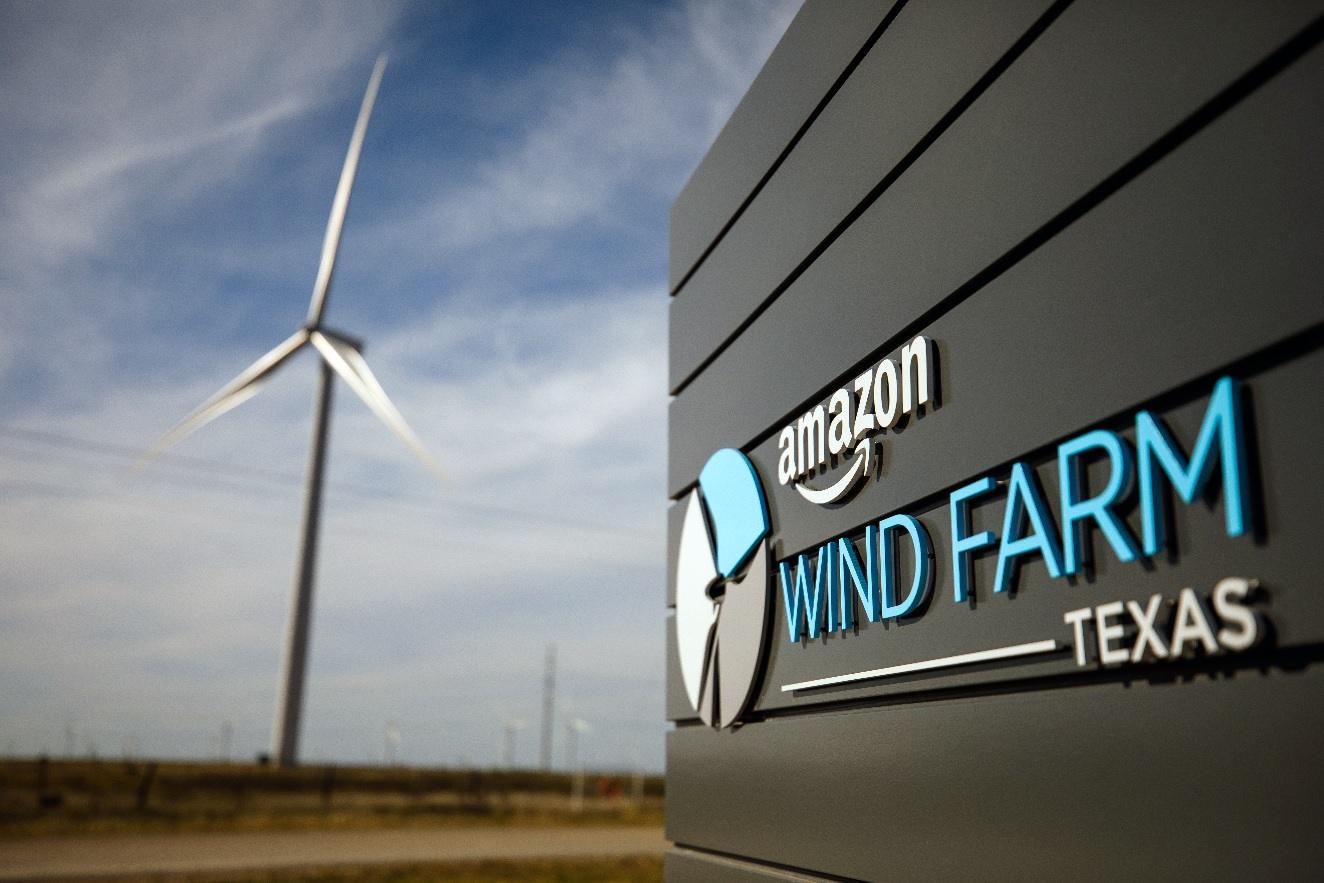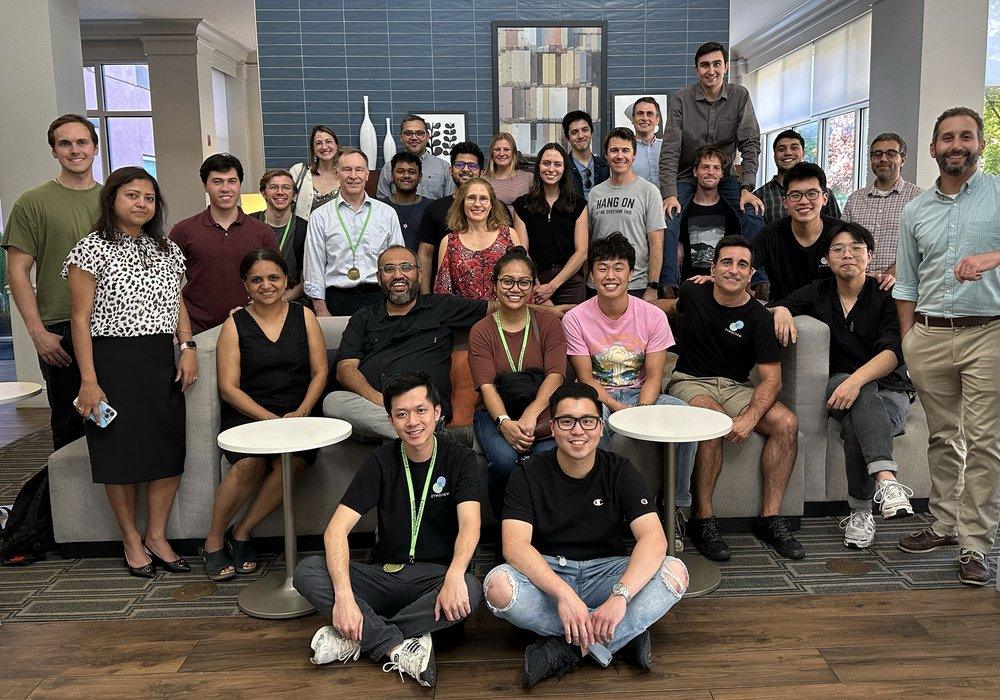BMW Makes Major CO2 Reduction Commitment, Ramping Circular Economy Initiatives
Automotive manufacturer BMW Group announced today a new goal to avoid more than 200 million tonnes of CO2 emissions by 2030, an amount equivalent to more than 20 times the annual emissions of a city with over a million inhabitants, according to the company. BMW’s announcement comes as the company’s entire production will become completely net carbon neutral from 2021.
In order to achieve its new emissions reduction target, BMW stated that it aims to reduce the carbon footprint of its vehicles throughout their lifecycle, from raw material extraction to end-of-life recycling.
BMW announced its new goal at the company’s Annual General Meeting, where it highlighted several other related sustainability initiatives it is pursuing. These include a renewed focus on circular economy measures to reduce resource consumption in the production of vehicles, while increasing the use of recycled materials, and taking account of end-of-life material reuse capability in vehicle design. Additional sustainability measures include reducing the carbon footprint of high voltage batteries, supply chain emissions reductions, and a goal to have 50% of global vehicle sales be fully electric by 2030.
At the company’s AGM today, Oliver Zipse, Chairman of the Board of Management of BMW AG, said:
“A climate-friendly car is not created solely by using green power. We must design our vehicles for sustainability from the very first day of development: reducing the amount of material used to manufacture them and, above all, planning for reuse and recycling from the very beginning. In the face of rising raw material prices, this is not just an environmental, but also a business imperative. The technology for this is extremely demanding: That is why we want to lead the way on the circular economy and play a pioneering role.”





